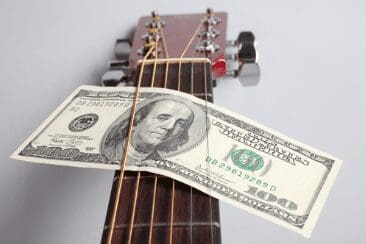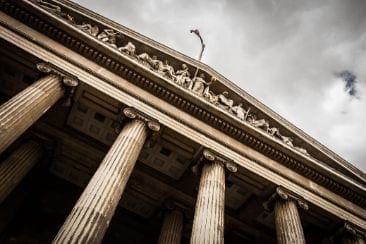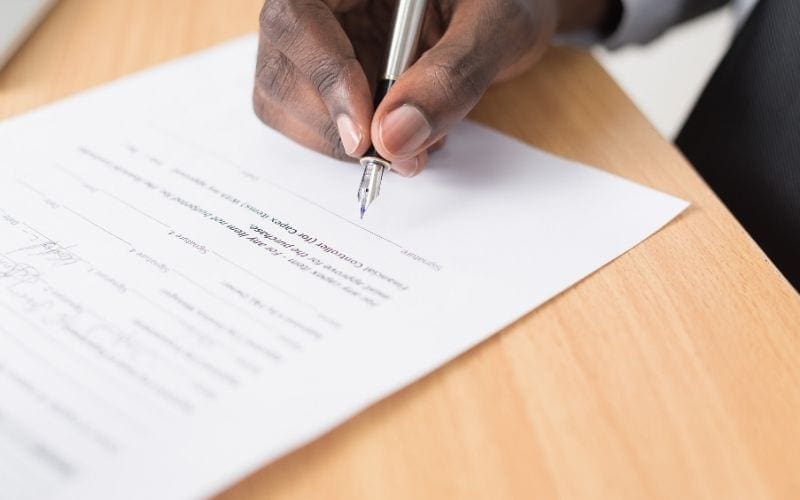
If you’re a music creator or entrepreneur working with music rights, it is important to understand the functions of collection societies, and the part they play in the industry. Companies such as PRS For Music, PPL, PRS & MCPS exist to help with protecting your rights.
Firstly, they’re integral to your career and allow you to make a living from your passion. Collection societies distribute hundreds of millions of pounds worth of music royalties every year to songwriters, musicians, publishers, record labels, artists and composers.
Think of your favourite artist or songwriter – chances are, they’re a member of one or more collection societies.
This article will cover what a collection society is, the royalty collection societies in the UK, their function, how to become a member and the benefits of joining.
What Is A Music Collection Society?
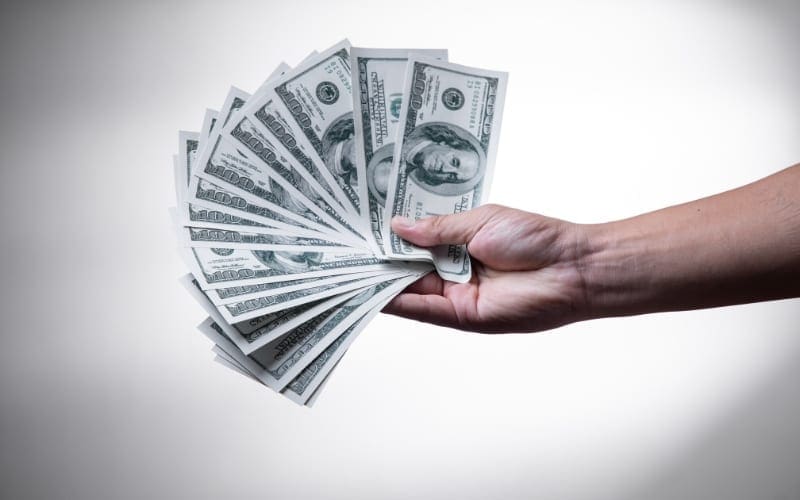
A Music Collection Society is (usually) a non-profit organisation made up of music creators. The society acts in the interests of all members and enforces the value of their music.
The companies’ primary function is to provide both small and large businesses with a licence to play music in public spaces. The societies then collect the royalties generated from the music played, and distribute them amongst their music rights holder members.
There are collection societies situated all over the world, with more or less one for each country.
If you’re UK based, there is PRS For Music (made up of PRS and MCPS), and PPL. For US citizens, the main Performing Rights collection societies are ASCAP, BMI and SESAC. In Australia, there is also APRA and AMCOS.
What Is PRS For Music?
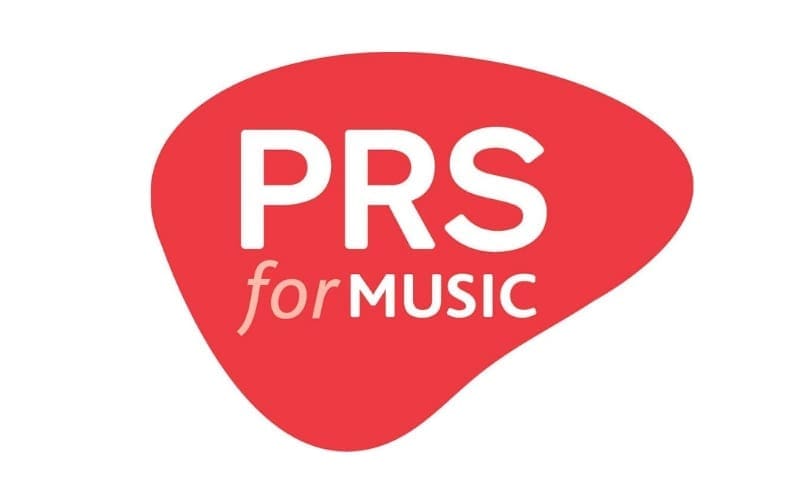
PRS For Music is composed of PRS and MCPS, which both have different functions.
PRS
Collecting and distributing royalties to music creators when their music is performed or played in public, PRS stands for ‘Performing Right Society’. PRS pays royalties to members when performed in public (live or recorded), streamed or broadcast on TV and radio.
MCPS
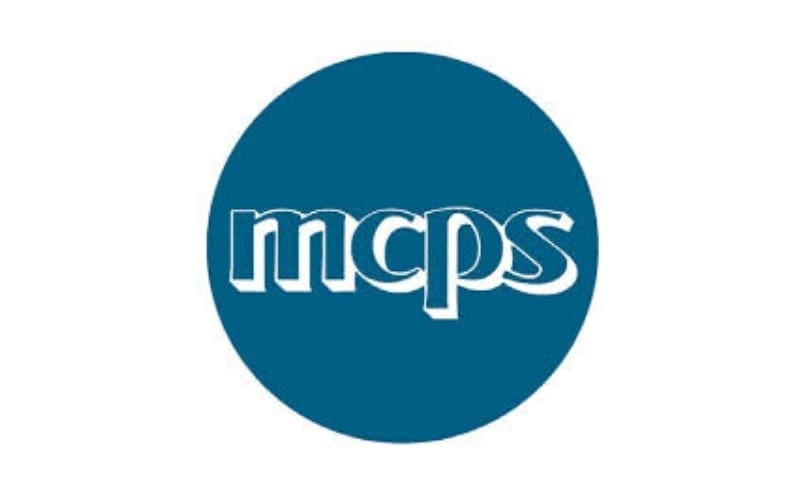
MCPS handle a different ‘area’ of your music. The Mechanical Copyright Protection Society (MCPS) collects royalties for you when your music is reproduced in a mechanical format. If your music is reproduced for CD, audio-visual media or used online, this is what an MCPS license helps with. MCPS also pay royalties when music is streamed, downloaded or used in TV, film or radio.
For your MCPS application, you’ll have to show proof that your works have been reproduced in a mechanical format. You can sign up to MCPS through the PRS for music website.
PRS For Music
If you’re a songwriter or artist performing your own songs, you should consider getting a PRS membership. If you don’t, you are losing out on public performance royalties. It’s not a requirement to be signed to a record label or a publisher to join, either – if you create music, you’re eligible to join!
You have to pay a one-time administration fee of £100, and accept their terms of membership and service. Simply follow the steps on the PRS For Music membership application page to get started.
If you’re wanting to get into the publishing game, then you can join as a music publisher through their Music Publisher membership application page. You can also learn more about how that works in our guide on how to start a music publishing company.
What Is PPL?
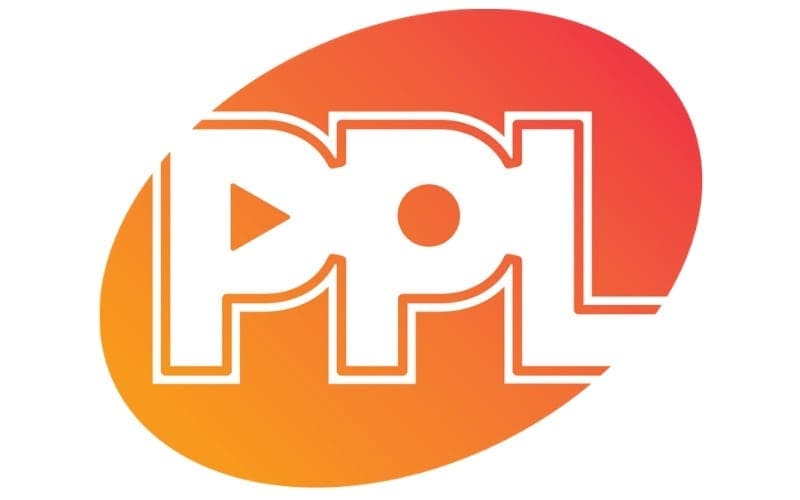
Asking ‘what does PPL mean’ and wondering about a PPL licence? Well, PPL stands for Phonographic Performance Limited, and they are another important collection society in the UK. They have a similar function to PRS and MCPS, in that they collect royalties for rights holders. So what is the difference between PRS For Music and PPL? The biggest difference is that PPL collects royalties when your recorded music is used, for example when broadcast on radio and TV.
Remember, there are essentially two copyrights in a song – publishing rights and master rights. The music and lyrics count as one copyright (publishing), which PRS and MCPS focus on. The other copyright is in the sound recording of your music (master). Made up of both the musicians’ performances and the actual sound itself, is the recording of the music. PPL collects for the recorded sound and recorded performances.
If you want to join PPL with your music, it is just as straightforward, with an application form. The PPL cost is also a benefit, as there is no sign up fee!
The Top 5 Benefits of Joining PRS, MCPS & PPL
1. Payment Without A Publisher
Without collection societies, you would have to check and collect your royalties every time your music is used. Therefore, societies are essential to getting paid for your music because realistically – it would be pretty difficult to track every play and collect every royalty you are owed. Collection societies also boast the benefit that even without a publisher, you can get paid when somebody uses your music. Pretty good, right?
2. All Your Copyright Data & Metadata In One Place
Each collection society will give you an online account to manage the copyright information related to your songs. Examples include the writers that were involved, what percentage of royalties each performer or writer receives, and so on.
3. Regular Royalties In Your Bank Account
For each society, your online account is connected to your bank account. You can then expect your royalties to flow directly into your account after your music has been used and your societies’ collection and distribution periods have passed.
PRS also has an app, so it’s even easier to track your performance income.
4. Global Representation
Wherever your music is played in the world, your collection society has agreements in place with other societies that allows them to collect your royalties. So, there’s no need to worry about missing what’s owed to you.
5. Sync Opportunities
A PRS For Music benefit, for example, is that they have agreements with companies such as BBC, and offer what is called a ‘blanket license’. This means that if your music is registered with them, your music could be used by large companies, which offers incredible exposure. Imagine how incredible it would be to hear your music in some of the biggest programmes around!
Recap – What Is PRS?
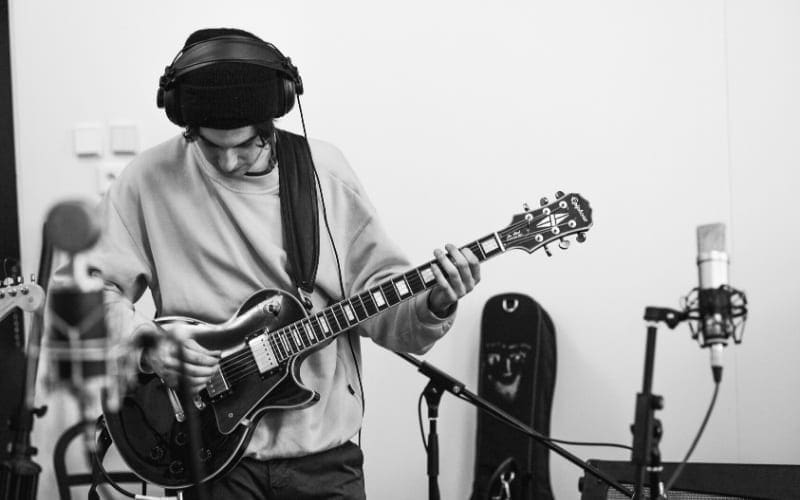
PRS
They collect royalties for you when your compositions or songs are performed or played.
Who Is PRS Best Suited To?
Those that would benefit most from PRS are songwriters, composers and publishers.
MCPS
MCPS collect mechanical royalties when your compositions or songs are reproduced in a mechanical format e.g CD’s, TV, online or radio.
Who Is MCPS Best Suited To?
Songwriters, composers and publishers.
PPL
PPL collects recorded music royalties for labels, performers and anybody else who owns the rights to sound recordings.
Who Is PPL Best Suited To?
Best for labels, performers on recordings, and independent artists who own the rights to the sound recordings of their music.
Royalties are an important source of revenue for music creators and music entrepreneurs. As stated earlier, collection societies bring in hundreds of millions of royalties every year. This is why it’s super important to make sure that you’re not missing out on yours!
Summary – What Is PRS?
As a serious musician, you should definitely sign up to the relevant collection societies. They will assist with collecting your royalties and provide you with a source of income and support as you navigate the music industry. Now is definitely the time to work smart and check out PPL and PRS For Music!






